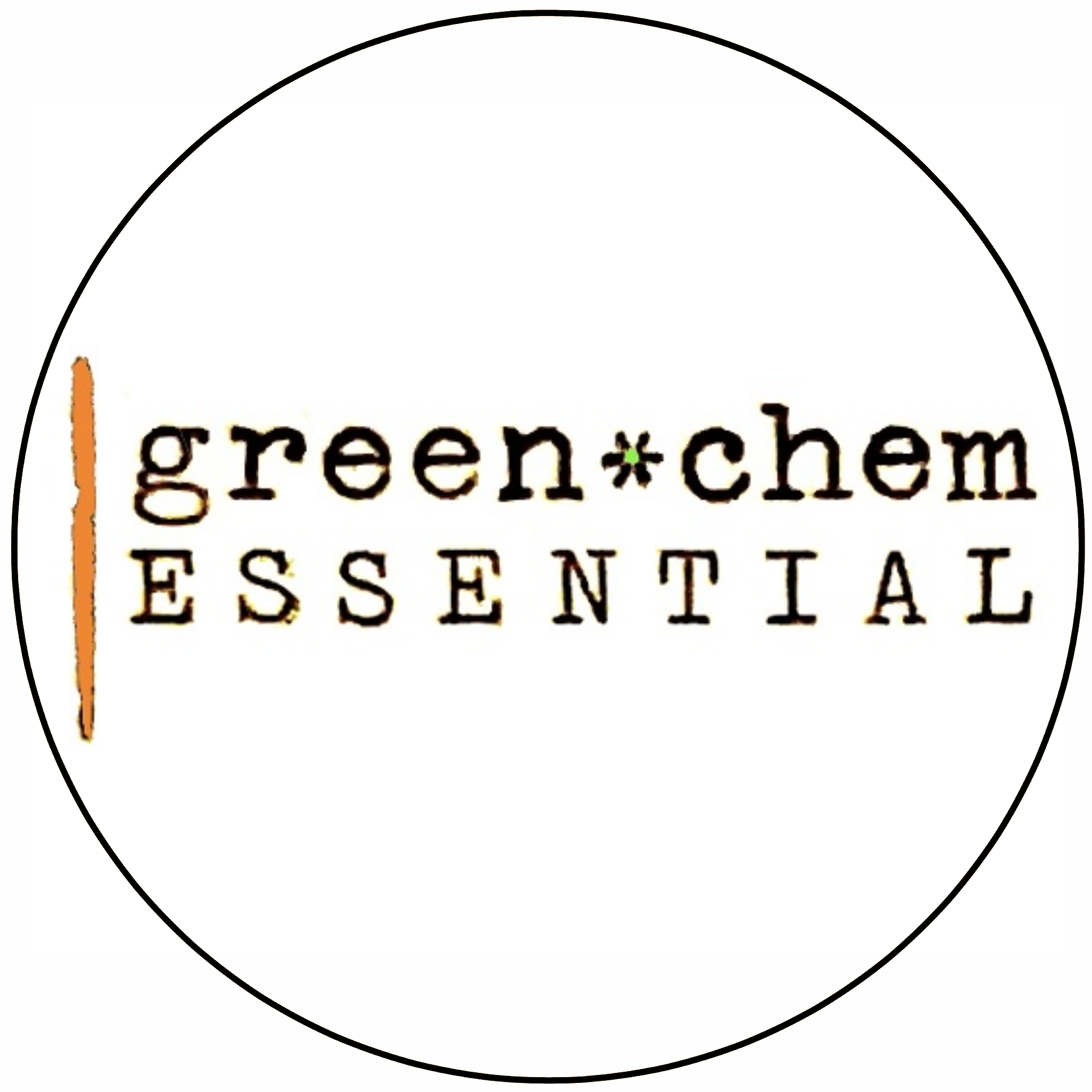Using Green Chemistry to Create a More Sustainable Pharmaceutical Industry
Summary
The medicines we rely on may look tiny when we hold them in our hands, but the manufacturing processes that create those medicines happen at a very large scale. Anything that makes those processes cleaner, safer, and more efficient can have a tremendous impact on efforts to fight climate change and create a more sustainable future.
Hear how green chemistry is helping to make those changes possible.
My guest for this episode is Paul Richardson, a director of research with Pfizer and a co-chair of the ACS Green Chemistry Institute's Pharmaceutical Roundtable.
This episode includes 1) a 2-minute preview video, 2) a 44-minute video of the full interview... and 3) a soon-to-be-released audio podcast version.
Hear how green chemistry is helping to make those changes possible.
My guest for this episode is Paul Richardson, a director of research with Pfizer and a co-chair of the ACS Green Chemistry Institute's Pharmaceutical Roundtable.
This episode includes 1) a 2-minute preview video, 2) a 44-minute video of the full interview... and 3) a soon-to-be-released audio podcast version.
Safety Precautions, Hazards, and Risk Assessment
N/A
Link to external

Comments
Thanks Paul Richardson for a…
Thanks Paul Richardson for a great overview of the prospective methods and results involved in progressing green chemistry in pharma.
Interested to see how contemporary proficiency in liquid chromatography methods will support the development of flow reactors. After these amazing insights, I'll be investigating electrochemicstry and photoelectrochemisty in organic reactions.
Thanks for the simple yet extensive discussion.